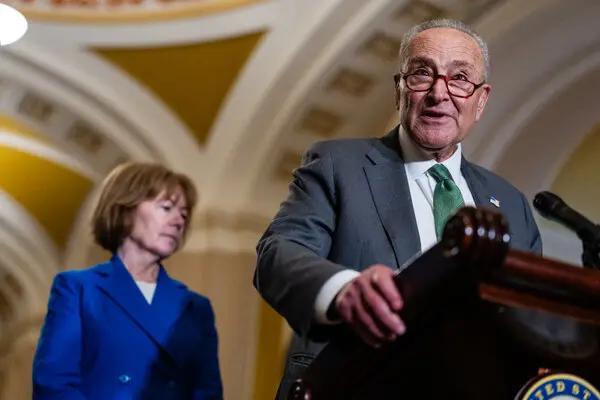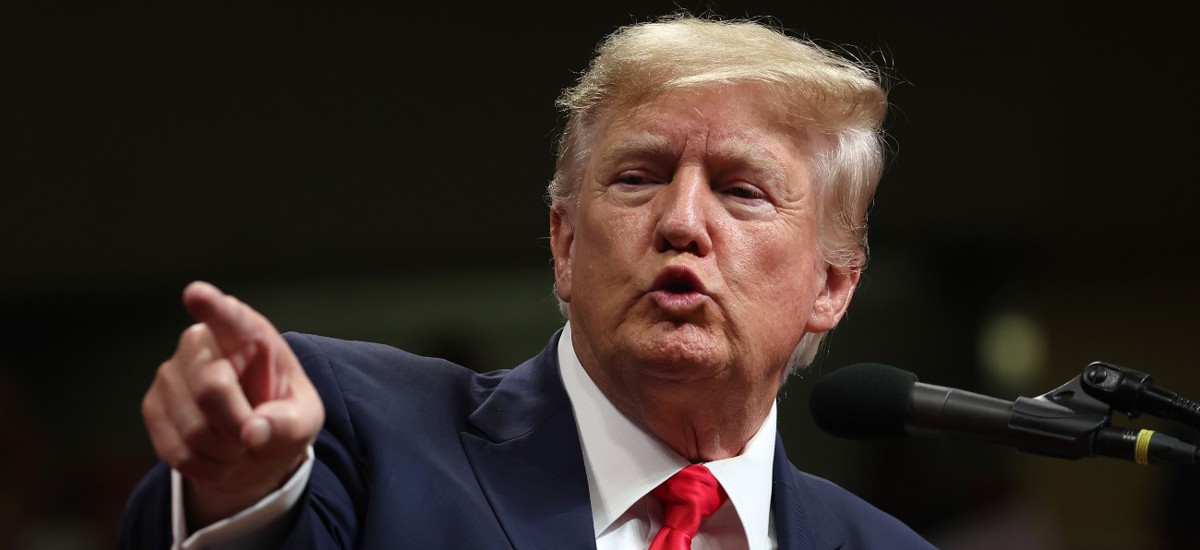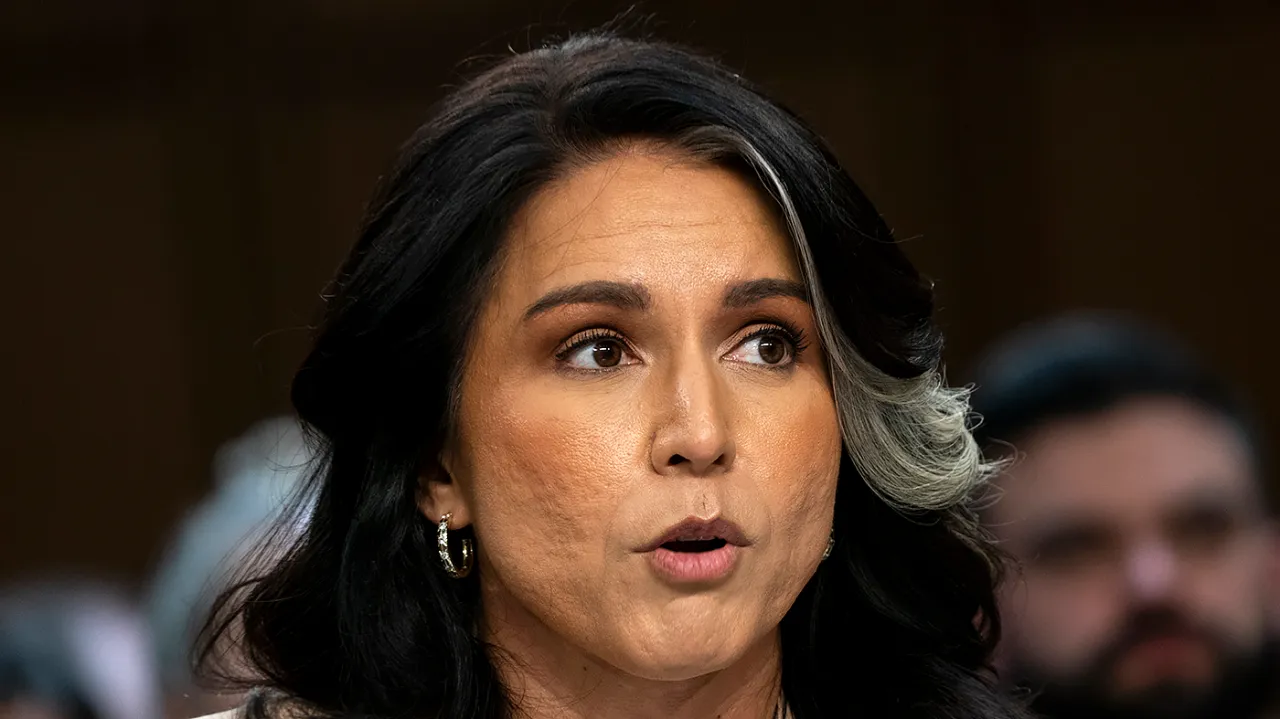In recent years, the United States has witnessed a disturbing trend: acts of violence, once considered shocking and aberrant, are becoming alarmingly routine. School shootings, which once dominated headlines and sparked national outrage, now often pass with little more than fleeting attention before the news cycle moves on. Similarly, political violence—once a rare and extreme occurrence—is increasingly normalized, reflecting deep societal fractures and a dangerous erosion of democratic norms.
The parallels between school shootings and political violence are striking. Both stem from deep-seated grievances, a culture of extremism, and the widespread availability of weapons. Both are fueled by inflammatory rhetoric that dehumanizes opponents. And both are becoming so frequent that, rather than provoking meaningful action, they are met with resignation—a collective shrug as society grows numb to the bloodshed.
The Normalization of Violence
The normalization of violence follows a predictable pattern. First, an act of brutality shocks the nation. Then, as similar incidents recur, the initial horror fades, replaced by a sense of inevitability. School shootings, once unthinkable, now occur with such regularity that active shooter drills are as commonplace as fire drills. The same desensitization is happening with political violence.
The January 6, 2021, attack on the U.S. Capitol was a watershed moment, revealing just how easily political grievances could erupt into mob violence. Yet, rather than serving as a wake-up call, the event has been downplayed, distorted, or even glorified by some political factions. Threats against election workers, public officials, and journalists have surged. Political opponents are increasingly framed as existential threats, justifying aggression in the minds of extremists.
The Role of Rhetoric and Media
Violence does not emerge in a vacuum—it is cultivated. Just as school shooters are often radicalized in online echo chambers that glorify violence, political extremists are emboldened by leaders and media figures who stoke fear and hatred. When politicians label opponents as “enemies of the people” or suggest that violence is necessary to “save the country,” they provide ideological cover for extremists.
Social media amplifies these dangers, allowing conspiracy theories and violent rhetoric to spread unchecked. The same platforms that have been criticized for failing to curb school shooting threats also host calls for political violence with little consequence. The result is a feedback loop where extremism thrives, and violent acts become more likely.
The Weaponization of Grievance
Both school shooters and political extremists often see themselves as righteous avengers. School shooters may blame classmates, society, or specific groups for their suffering. Political extremists, likewise, are convinced that their side is under siege and that violence is justified to reclaim power or resist oppression.
This mindset is particularly dangerous in today’s polarized climate, where political disagreements are framed in apocalyptic terms. When people believe democracy itself is at stake, they may see violence as a necessary tool. The rise of armed militias, the storming of state capitols, and the increasing threats against judges and politicians all point to a growing acceptance of force as a political strategy.
A Failure of Leadership and Policy
Just as repeated school shootings have failed to spur meaningful gun reform, political violence has not led to sufficient accountability. Despite hundreds of arrests from the January 6 riot, many downplay the attack, and some participants have been embraced as martyrs. Law enforcement agencies struggle to monitor the growing threat of domestic extremism, while legislative efforts to address hate crimes and election security face partisan roadblocks.
The lack of consequences for incitement only emboldens bad actors. When leaders who encourage violence face no repercussions, it sends a message that such behavior is acceptable. Meanwhile, the militarization of politics—with armed protesters outside ballot-counting centers and death threats against election officials—creates an atmosphere of intimidation that undermines democracy.
Breaking the Cycle
If political violence continues to be normalized, the consequences will be dire. Democracy relies on peaceful conflict resolution, not coercion or force. To prevent further escalation, several steps are necessary:
-
Condemn Violent Rhetoric Unambiguously – Leaders across the political spectrum must reject language that demonizes opponents or justifies violence. Media outlets must avoid amplifying extremist voices for clicks or ratings.
-
Strengthen Law Enforcement and Accountability – Authorities must treat political violence as the serious threat it is, prosecuting not just perpetrators but also those who incite it.
-
Address Root Causes – Just as school shootings demand a deeper look at mental health and gun access, political violence requires addressing polarization, misinformation, and the societal divisions that fuel extremism.
-
Reinforce Democratic Norms – Civic education, community dialogue, and a renewed commitment to peaceful political engagement are essential to countering the allure of violence.
Conclusion
The normalization of school shootings has already shown how a society can grow accustomed to unthinkable horrors. Political violence is following the same path, with each attack making the next one seem less shocking. If this trend continues, the very foundations of democracy could be at risk.
Preventing this future requires rejecting complacency and recognizing that political violence is not inevitable—it is a choice. The question is whether the nation will act before it becomes as routine as active shooter drills, or whether it will wait until it’s too late.



